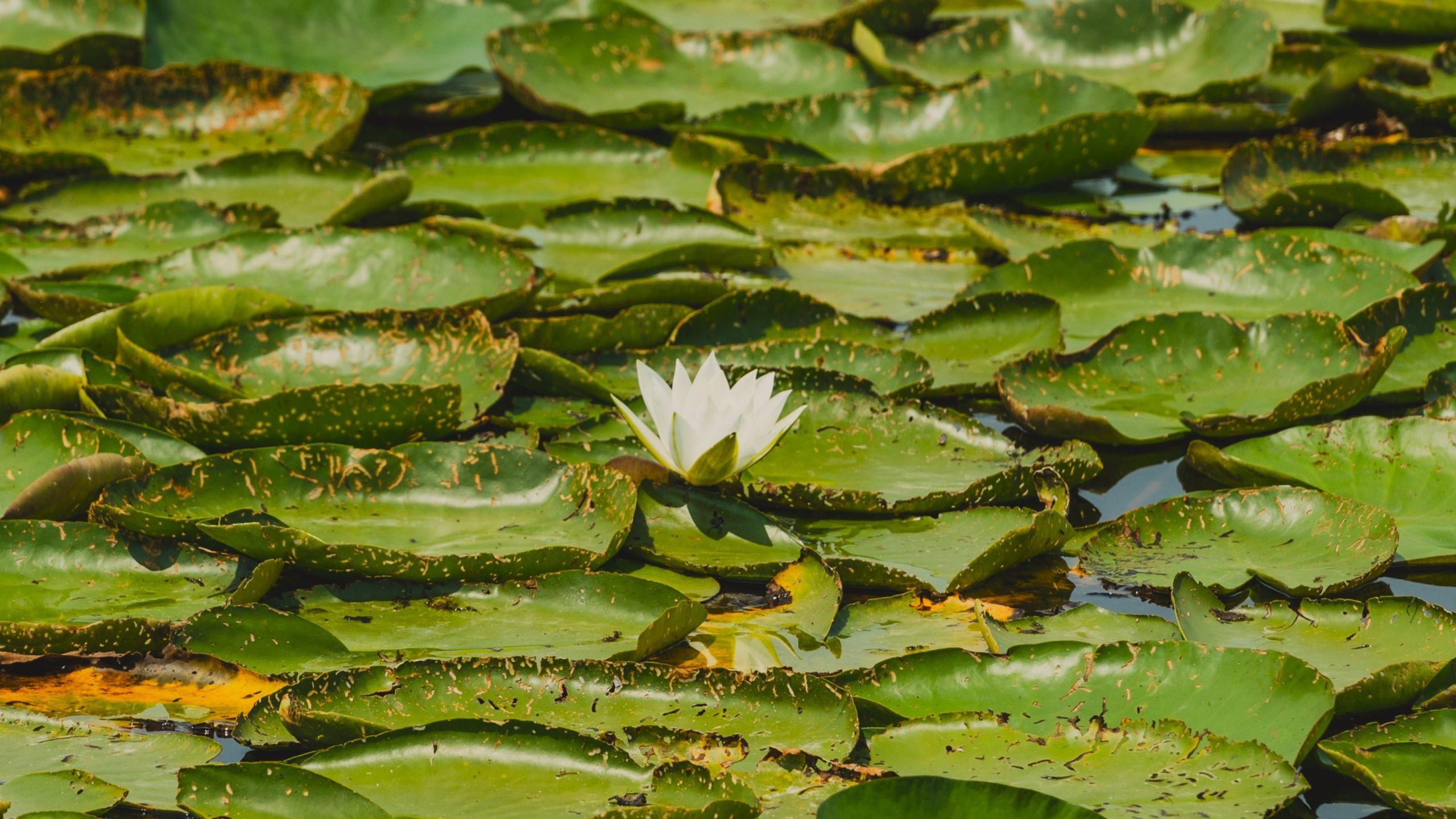
Each year, ecotourism gains more followers seeking an escape from the noisy and hectic megacities. With its status as a European ecological park, Montenegro is becoming one of the recognized centers of ecotourism.
The Rising Popularity of Ecotourism
Today, ecotourism is actively developing in various countries, and Montenegro rightfully holds a leading position among them. With its diverse terrain, pristine mountain rivers, warm sea (considered the cleanest in Europe), luxurious coastline (spanning 290 km, with 73 km of beaches, 56 km of which are sandy), superb climate, and the status of a European ecological park, this small country is one of the recognized tourism centers of Europe.
Why People are Turning to Ecotourism

The modern pace of life in large cities is so dynamic that there often isn't enough time for a proper rest, and discussing clean ecology in large cities is practically out of the question. Everyday human health is impacted by a multitude of negative factors: exhaust fumes pollute the air, and industrial waste spoils the water and contaminates the soil. Recognizing the potential catastrophic consequences of constant exposure to such factors, people are now paying more attention to their health and seeking vacation spots devoid of crowded highways and large factories.
What is Ecotourism?
Ecotourism is an excellent alternative to visiting tropical resorts, where the typical offerings are limited to beach relaxation and a standard set of entertainment. The hallmark of ecotourism is that it combines elements of adventurous activities with all the benefits of a peaceful, measured journey. Countries where ecotourism is well-developed offer the best opportunities for engaging in skiing, mountaineering, rafting, or snowboarding. Nature itself creates magnificent conditions for thrill-seekers with mountain rivers, slopes, vast sea depths, and ancient caves, while those who prefer admiring landscapes, enjoying hikes, and participating in excursions discover countless unforgettable experiences.
The Environmental Focus of Ecotourism

Ecological tourism has rightfully gained popularity, as it provides an opportunity to immerse oneself in a world of harmony and become a true pioneer of unexplored lands. To truly appreciate the beauty and diversity of nature, one must embark on a route beloved by ecotourists. As the tourism sector evolves, traditional beach holidays are making way for ecotourism, which grows increasingly popular each year.
The Appeal of Montenegro’s National Parks
Montenegrin tourism firms, seizing the opportunity to attract a wider audience, are offering eco-friendly excursions through the country's national parks. These parks cover 28 percent of Montenegro’s territory and are protected under international conventions and laws. The four national parks of Montenegro: Durmitor, Skadar Lake, Biogradska Gora, and Lovćen, are unique in their own ways and attract numerous nature enthusiasts annually. With the promotion of eco-friendly tours, Montenegro's national parks not only captivate travelers with their scenic landscapes but also with the unique flora and fauna of these reserves.
Historical Context in Montenegro’s Ecotourism
Since 1977, in the framework of the "Man and the Biosphere" program, the Tara River basin has been under UNESCO's protection. In 1979, UNESCO included the city of Kotor and the Bay of Kotor in the list of World Cultural Heritage sites in need of protection. And in 1980, UNESCO placed Durmitor National Park under its protection. Since 1991, according to its constitution, Montenegro is a "democratic, social, and ecological" state. Montenegro's environmental protection law covers natural features such as canyons, gorges, reserves, beaches, and more. Through a special decision by the Institute for Environmental Protection, 314 species and subspecies of animals are protected, along with 52 plant species—many of which are endemic and found nowhere else in the world.
Conclusion
Exploring the vast natural wealth of Montenegro, from its serene beaches to its mountainous national parks, presents a captivating experience for the eco-minded traveler. Accommodations throughout the country offer a place to rest after a day's adventure, many boasting sustainable practices in line with the country’s ecological ethos. By harmoniously integrating travel with environmental consciousness, Montenegro has cemented itself as a premier ecotourism destination, balancing comfort with conservation.